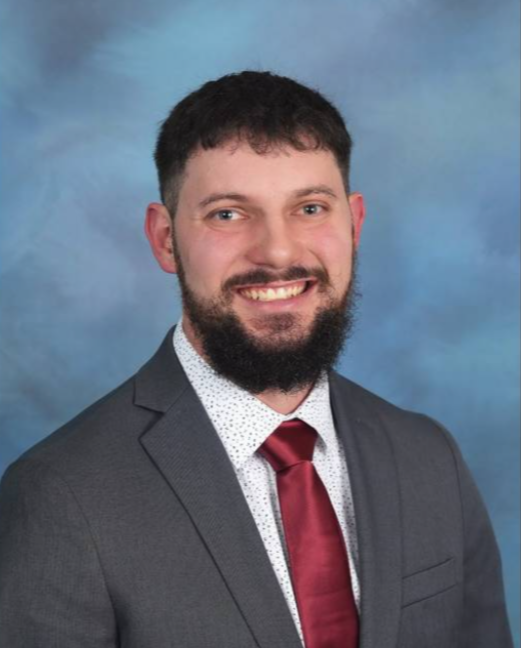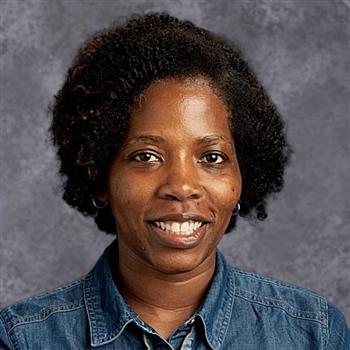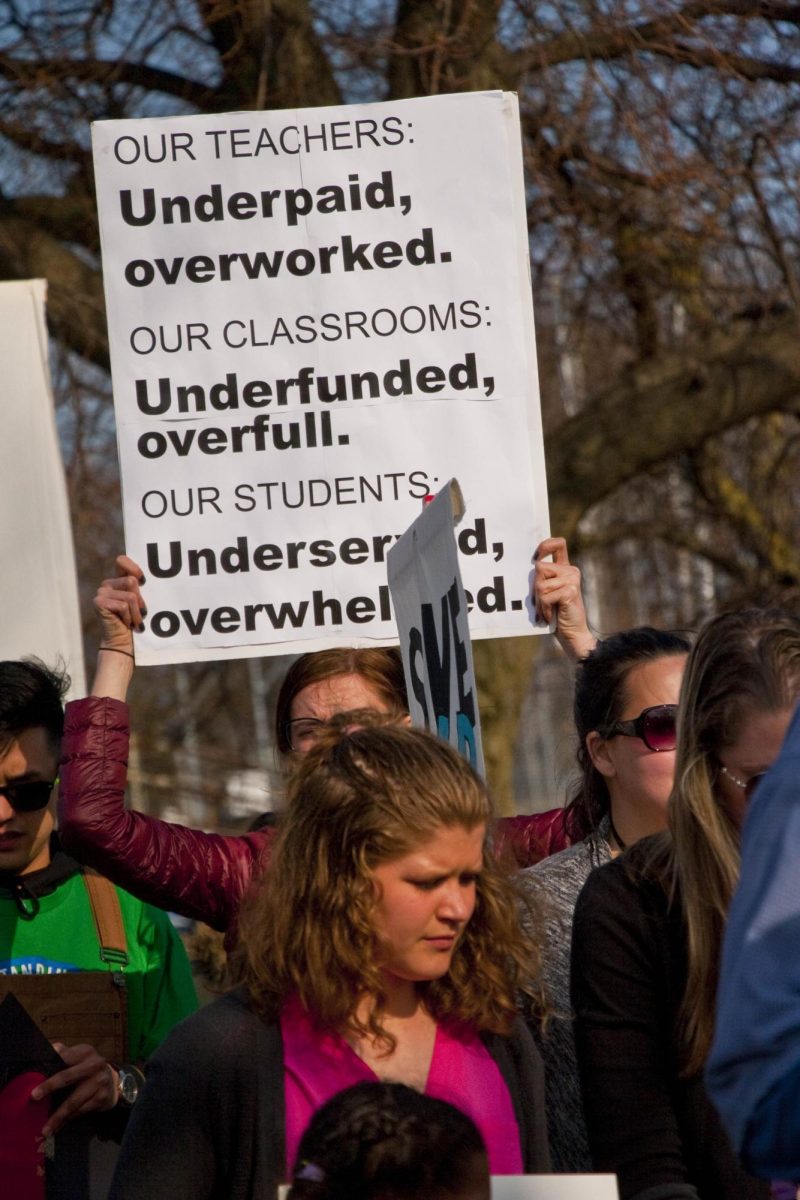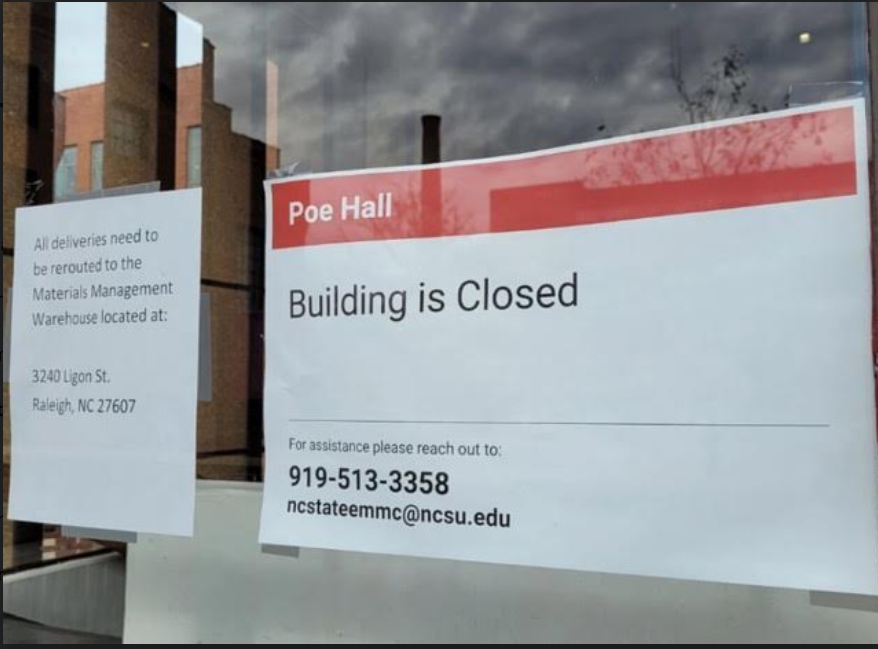A “white savior” as defined by Oxford Languages is “a white person who helps nonwhite people ostentatiously or for reasons viewed as self-serving, such as being admired.” While a commonly used term in popular culture, particularly in recent years, very few modern works have so blatantly given a stage to a white savior as HBO’s “Savior Complex” documentary.
The three-part series, released all at once on September 6, details the story of Renee Bach, an American missionary formerly serving in Uganda. While there she operated an orphanage called “Serving His Children” which had the mission of helping feed and rehabilitate malnourished children in Jinja. The center, which was operated as an NGO from 2011 to 2015, came under scrutiny for the several children who died while in the staff’s care and questionable medical history before ultimately being shut down by the Ugandan government. One of the key allegations against the center is that they had staff who were not medically trained diagnosing and treating sick children.
The documentary gives both sides a chance to present their story, contrasting Renee’s account of events against the accounts of other staff as well as the leaders of an activist group called “No White Saviors.” The different perspectives give a jumbled mess of contradiction after contradiction, but one thing remains clear; Bach was, undeniably, at least part to blame.
While watching I was constantly reminded that Bach felt “called by God.” The idea permeated every part of her side of the story. A former volunteer and nurse at Serving His Children, Jackie Kramlich, mentioned at one point that the general sentiment in the Evangelical missionary world was that “God doesn’t call the qualified, he qualifies the called.” The operative word being “qualified,” which Bach was not. In fact, Bachdidn’t have so much as a college degree, let alone the qualifications to be operating and serving in any medical capacity at her center. She defends herself from this accusation constantly throughout the documentary, arguing that the things she was doing were very simple and easily learned. Further, she argues that from the beginning there was a part time nurse, and later on they had three doctors on staff and several nurses on rotation. She explained that sometimes the doctors and nurses would call on her to help them with their procedures. S Of course, that does beg the question – in a room full of trained medical professionals, why would they ask the one untrained person for help?
Kramlich as well as Ugandan nurse Constance Alonyo both gave testimonies in the documentary alleging that not only did Bach not have the right to be conducting these medical procedures, but she seemingly didn’t have a large amount of respect or trust in the Ugandan trained medical professionals, stating that she would often consult doctor’s back in the U.S. or blatantly ignore the medical suggestions of the Ugandan doctors employed by her. In one particularly shocking event, Kramlich states that Bach’s lack of trust in the ability of Ugandan doctors to diagnose a patient caused her to disregard their, ultimately correct, diagnosis in the child’s chart, prolonging her access to treatment.
Bach, though, cannot be criticized in isolation without holding the entire system under scrutiny. Missionary work is the perfect stomping grounds for those with a white savior complex. White people, often white Evangelicals, will go to countries in Africa or South America with a passion to serve and a calling from God. Ultimately, though, these intentions, though good, are not enough. Renee Bach is not the first, nor will she be the last, missionary to travel to an African country determined to improve conditions with nothing more than a dream. So dedicated to the story and how she fit into it, she failed to serve the people of Jinja in the way she claimed she’d come to do.
The documentary itself and its creation I would question also. Will the families of the children who died under Bach’s care receive any of the profits made? How would the mothers and fathers of those children feel to hear Bach tell the world how she did nothing wrong? In a time where the U.S. is so embroiled in debates about race and race relations, HBO saw the potential to engineer a social justice debate out of nothing. There is little debate to be had over the role Bach played in the death of over 100 children in Uganda. Was it deliberate? No, probably not. However, intention does not absolve you from responsibility.
The more meaningful message we can draw from the docu-series, I would argue, is that we must be willing to hold a scrutinizing eye to even seemingly the best of missions and messages. If Bach truly wished to help the children of Jina she should have gotten the necessary medical qualifications to serve them to the best of her ability, or better yet, raise funds to support the overworked hospitals of the region.
When we allow the dedication to our mission to take precedence over the people we are meant to be serving then, no matter how good our intentions, we will ultimately harm those we are meant to help.





















